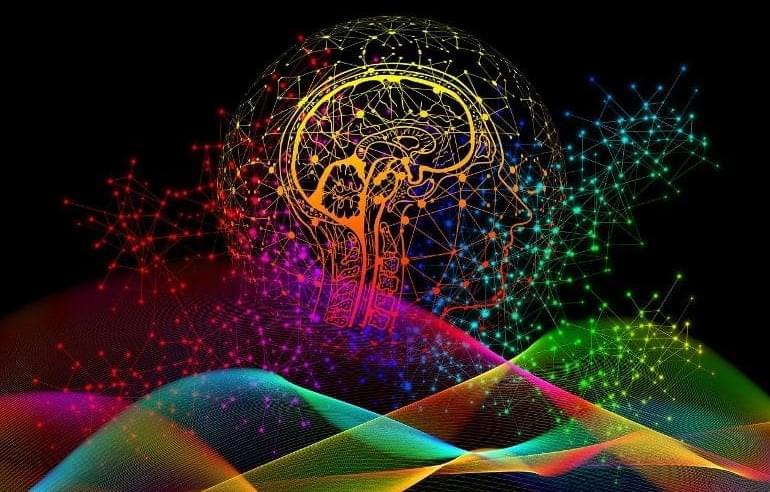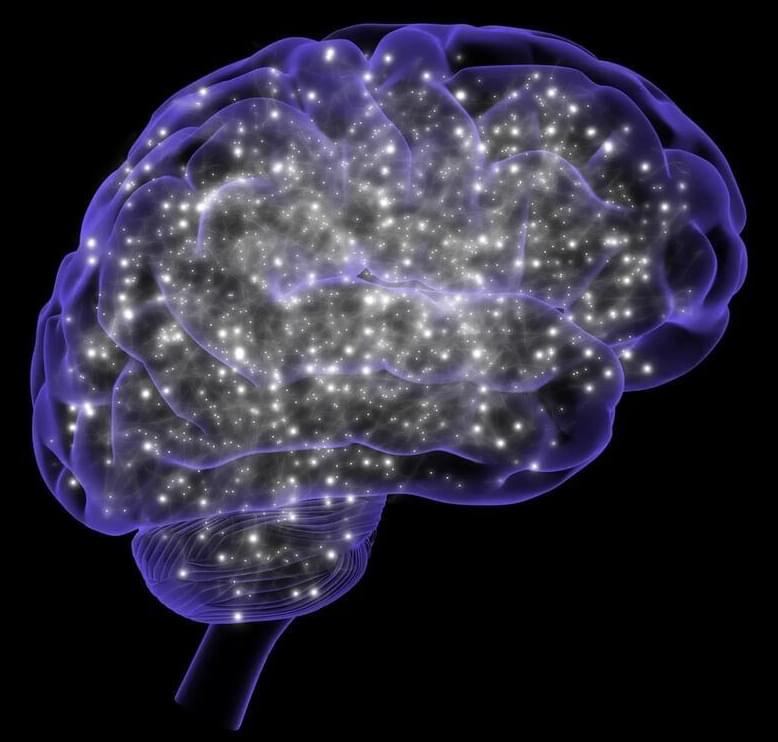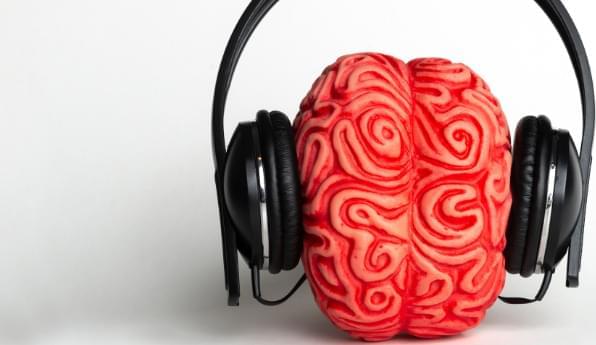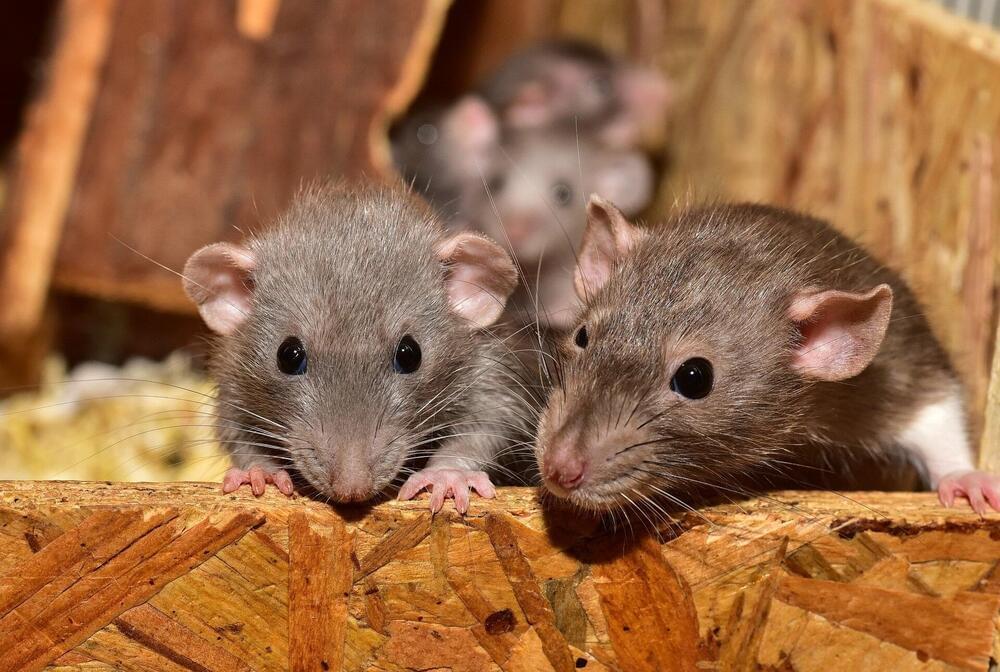We spoke with Dr Morgan Levine 2 years ago concerning the remarkable results that she and a team that included Dr David Sinclair had in restoring vision in mice. In that experiment, published in the journal Nature, older mice had tighter optic nerves crushed causing blindness. Then, using a combination of 3 of the 4 Yamanaka cellular programing factors, they were able to restore the mice’s vision by signally the underlying DNA, rebuilding what had been thought to be permanently damaged cells. This was a remarkable result, as it was restoring a damaged organ, essentially a part of the brain, to its original healthy state. When I spoke to Dr Levine about the next step in her research, she mentioned it may be a more complex organ, such as a mouse liver.
But they went further. In the January issue of Cell, Sinclair published results of their ability to age an entire mouse. That is, to signal the epigenome to cause the underlying mouse DNA to behave as if it were much older. They were also able to do the reverse: to take an older mouse and, by signaling the epigenome, bring its cells and organs to the state of a younger mouse. This is a truly remarkable achievement, and it seems to prove Sinclair’s theory that all of our cells have within them a pristine copy of their DNA, and that aging and the disease associated with aging are the result of miscues from the epigenome. If these miscues can be corrected then the cell can be restored, not to a blank stem cell but to its original condition.








